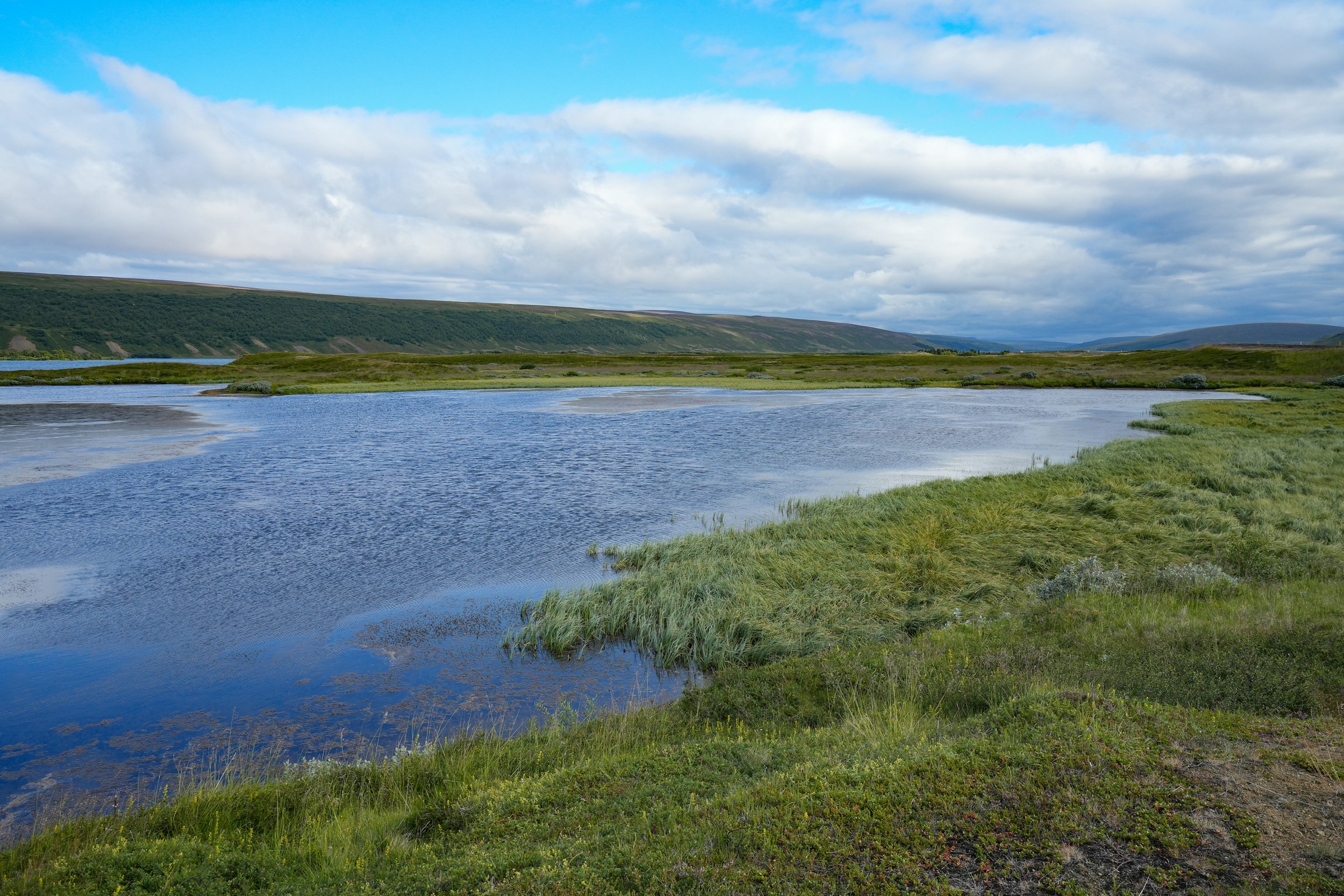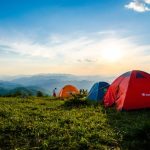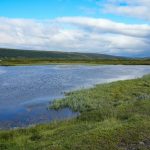Scotland is renowned for its rich wildlife and diverse habitats, with a remarkable array of animals that call this land home. Wildlife enthusiasts and nature lovers from around the world flock to the country’s remote places, drawn by the prospect of glimpsing creatures not seen elsewhere. The Orkney Islands, off the northern tip of the Scottish mainland, offer some of the most exhilarating wildlife watching experiences in Scotland. However, with increased human interest in these wild spaces comes a need for ethical considerations to ensure minimal impact on animal life and their natural habitats. This article will delve into the ethics of wildlife watching in the Orkney Islands, based on data and analysis of the potential impacts on animal and nature.
The Ethics of Wildlife Watching in Orkney
Wildlife watching might seem like a harmless activity – after all, what could be wrong with admiring animals in their natural habitat? However, without proper guidelines and awareness, it can inadvertently harm the very creatures it seeks to appreciate. On the Orkney Islands, where the wildlife is a significant attraction for tourists, it’s critical to balance the desire for close encounters with animals and the need to protect them.
Dans le meme genre : Which historical sites in Leicester are linked to King Richard III?
Ethics in wildlife watching boil down to respect for animals and their habitats. This involves observing animals from a distance to avoid disrupting their daily routines, not feeding wild animals, and staying on marked paths to protect delicate habitats.
The Impact of Human Presence on Orkney’s Wildlife
The Orkney Islands are a haven for a variety of animals, including seals, otters, and an array of bird species. However, the influx of humans into these wild spaces can create stress for animals, alter their behaviour, and even lead to habitat degradation.
Avez-vous vu cela : Can tourists learn to cook traditional British dishes in York?
Research shows that animals can change their feeding and mating patterns in response to human presence. In some cases, animals may abandon their territories or become aggressive. Additionally, human footfall can lead to soil compression and erosion, damaging critical habitats.
The question then arises: How can one engage in wildlife watching in Orkney without causing harm? The answer lies in responsible and ethical practices, guided by data and analysis of human impact on wildlife.
Best Practices for Ethical Wildlife Watching in Orkney
Data from various studies on wildlife watching illustrate the importance of adhering to best practices when on the Orkney Islands. These include maintaining a safe distance from animals, avoiding feeding or touching them, and sticking to designated trails.
Moreover, reducing noise levels can lessen the disturbance to animals. Drones, often used for wildlife photography, should be used responsibly as they can cause considerable distress to animals. It’s also crucial to remember that some animals are protected by law, and disturbing them can lead to legal repercussions.
The Role of Local Authorities and Tour Operators
Local authorities in Orkney and tour operators have a vital role to play in promoting ethical wildlife watching. They are typically the first point of contact for visitors and can provide valuable information on how to respect the islands’ wildlife.
Guided tours, for instance, should adhere to ethical practices and educate visitors about the importance of preserving Orkney’s unique wildlife. Local authorities can enforce regulations and invest in educational campaigns to raise awareness about the impact of irresponsible behavior on wildlife.
In conclusion, wildlife watching in the Orkney Islands, as in all of Scotland and indeed the world, should be conducted responsibly and ethically. This not only preserves the incredible biodiversity of these islands but also ensures that future generations can enjoy the mesmerizing beauty of Orkney’s wild inhabitants.
The Influence of Climate Change on Orkney’s Wildlife and Ethical Issues
Climate change has become a pressing concern worldwide, and the Orkney Islands are no exception. Rising sea levels, fluctuating temperatures, and shifting weather patterns have significant implications for the wild animals that inhabit the islands.
Research indicates that climate change can alter the habitats of wildlife, leading to changes in their diet, mating patterns, and overall behavior. In some cases, species may even go extinct if they are unable to adapt quickly enough to these changes. For instance, the Red Grouse, a bird species indigenous to mainland Scotland, might struggle to find suitable habitats and food resources on the Orkney mainland due to climate-induced shifts in vegetation patterns.
This raises ethical issues around wildlife watching. How can one observe and appreciate these wild animals while also respecting their struggle for survival amidst an evolving climate? Moreover, it becomes pertinent to question whether human intrusion might exacerbate the effects of climate change on these animals.
Understanding these ethical quandaries necessitates a holistic approach. This includes an analysis of the scientific data on climate change impacts, consultation with local communities, and an understanding of animal rights and welfare. At the heart of this approach must be a commitment to respect animals and their changing circumstances.
The Role of the Scottish Government and Conservation Efforts
The Scottish government has a pivotal role to play in managing and mitigating the impacts of both climate change and increased human presence on the Orkney Islands. This involves enforcing laws to protect animals, especially endangered species like the Short-Eared Owl that inhabits South Ronaldsay, one of the Orkney Islands.
The government also needs to work closely with local communities, tour operators, and visitors to the islands, ensuring they are informed about the importance of ethical wildlife watching and the potential consequences of irresponsible behavior. This could be done through educational campaigns and more stringent regulation of tourism activities.
Moreover, conservation efforts are vital. The government, in collaboration with wildlife film makers, scientists, and conservation organizations, can undertake projects to restore degraded habitats, conduct case studies on the impact of climate change, and monitor the population of wild species.
In the face of climate change, it is more important than ever to leave a comment in the annals of history that reflects our respect for the natural world and our commitment to preserving it.
Conclusion: Towards an Ethical Future for Wildlife Watching
Wildlife watching in the Orkney Islands offers an exceptional opportunity to connect with nature and learn about the diversity of life on our planet. However, with this privilege comes the responsibility to act ethically and respectfully towards the wild animals and the ecosystems they inhabit.
Whether we are visiting for a day or living there for years, each of us has a role to play in preserving the unique wildlife of the Orkney Islands. By adhering to ethical guidelines, respecting animal rights, and supporting conservation efforts, we can contribute to a sustainable future for wildlife watching.
The Scottish government, local authorities, and tour operators must also step up their efforts, ensuring that regulations are enforced and that visitors are educated about the importance of ethical wildlife watching.
Ultimately, our actions today will determine the future of wildlife on the Orkney Islands and mainland Scotland. Let’s strive to make it a future where humans and wild animals coexist peacefully, each respecting the other’s space and rights.











